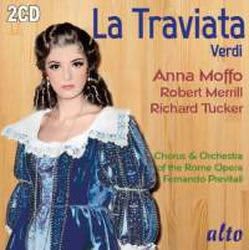Περιγραφή
Καλλιτέχνες
|
Haydn, thanks to his wonderful intuition and his artistic temperament, sensed the whisper of the wind of change of musical tastes and social changes, which announced a new musical language. The spiritual father of Mozart and also Beethoven’s professor, he inspired innumerable young composers, among them Franciszek Lessel, a pupil of Haydn for ten years. In the late 1790’s, the opera became the preferred genre of spectacle followed by the bourgeoisie and the aristocrats, who rubbed shoulders with each other and play the same social game. The theatre and the opera became centres of city life. The public wanted to find a part of the same emotions during concerts of instrumental music. The composers were aware of this and filled their instrumental pieces with contrast, using the same tools as in the opera. Thus Franciszek Lessel, who, like every good composer, wanted to conquer and convince a big audience so addressed his music first and foremost to people passionate about theatre and opera. In his Grand Trio op. 4 Lessel chose to mark the contrasts of character by choosing two wind instruments, the horn and the clarinet, whose timbre is not homogenous, and the pianoforte, with very varied registers. The influence of theatre music (tragedies and comedies en musique) continued to inspire the majority of composers until (and beyond) the Romantic generation of Chopin and Schumann. Schubert’s Fantasiestcke op. 73 uses short, enunciated phrases, as well as gestures and contrasts which would have found their place in an opera air or a lied. This new recording is performed on period instruments, including a natural horn original instrument from 1810 (by the great French builder Raoux, most valued by the great soloists of the time) and clarinets (copies after Heinrich Grenser, Dresden, 1810). |










